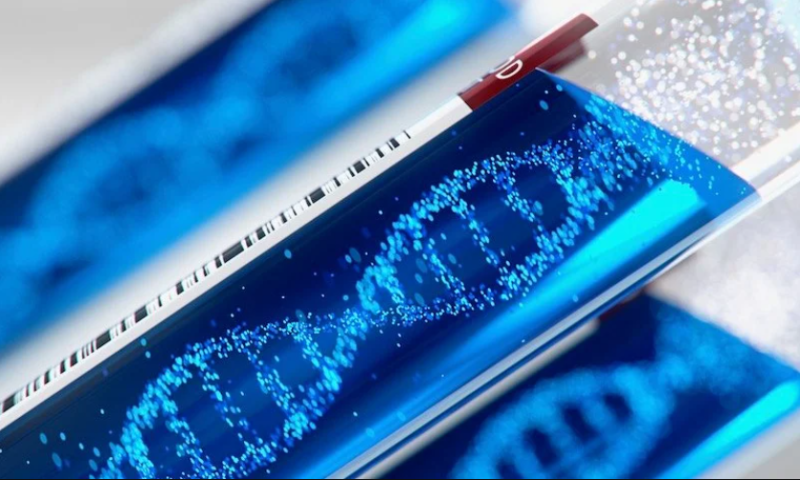Illumina has secured the first companion diagnostic claim for its pan-tumor profiling test, allowing it to be used to direct patients with a specific genetic mutation to treatments with a matching cancer therapy.
Cleared for use in Europe, biopsy results from the company’s TruSight Oncology Comprehensive test can now be paired up with Bayer’s targeted drug Vitrakvi, for patients with any solid tumor that harbors rare NTRK gene fusions.
Illumina described the companion diagnostic claim, which was developed in collaboration with Bayer, as the first of a series planned to expand the DNA sequencing giant’s roster of partnerships with cancer drugmakers.
“Since it launched four years ago, Vitrakvi has demonstrated high response rates and highly durable responses in adults and children with TRK fusion cancer,” Christine Roth, head of Bayer’s oncology strategic business unit, said in a statement.
However since that time, the German drugmaker has struggled to find patients who could benefit the most from Vitrakvi, with diagnostics hurdles that have likely been exacerbated by the COVID-19 pandemic.
In 2019, the drugmaker launched a cancer profiling campaign that encouraged patients to pursue screening for NTRK mutations, even pairing it with a Super Bowl commercial that year.
But by mid-2020, Bayer said only about a quarter of patients were discussing genomic tumor testing with their physicians.
NTRK mutations—shorthand for a family of neurotrophic tyrosine receptor kinase gene fusions, which include NTRK1, NTRK2 or NTRK3—can be quite rare among the majority of solid tumors, with a prevalence of only 0.1% to 3%. They can be difficult to detect as well, with those genes mingling with many different partner mutations.
“Assays that enable precision oncology through comprehensive genomic testing are crucial for informing optimal treatment plans and help to ensure the best possible outcomes for cancer patients,” said Roth.
Illumina, meanwhile, first launched its comprehensive cancer profiling test in Europe this past March. Built off previous tumor biopsy assays reserved for use by researchers, the CE-marked in vitro diagnostic scans for 517 genetic variants within tumor tissue samples in addition to tumor mutational burden scores and the person’s microsatellite instability status.
The company said it had “a growing pipeline” of companion diagnostic claims under development for the European Union, which will be added to the test pending regulatory approvals.
Since late last year, Illumina has been working with Merck to help identify patients that could benefit from Merck and AstraZeneca’s Lynparza therapy for ovarian cancer. It also forged collaborations with Bristol Myers Squibb, Myriad Genetics and Kura Oncology in early 2021, alongside previous work with Roche and Eli Lilly’s Loxo Oncology.

